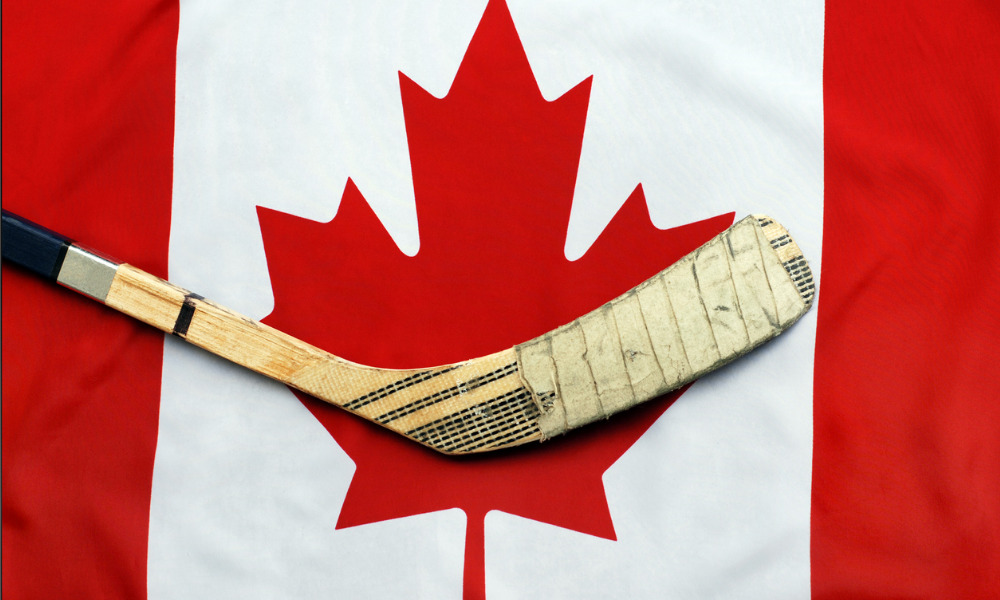
'Culture change will not occur overnight, but with this Action Plan we are fully committed to making the meaningful changes'

Hockey Canada has released an Action Plan in a bid to "eliminate toxic behaviour in and around Canada's game" amid criticism of its handling of sexual assault allegations that emerged against its players.
The 19-page action plan outlines the organisation's steps in ensuring greater safety and inclusiveness in both on and off the ice, according to Hockey Canada in a statement, adding that it includes commitments in accountability, governance, independent sport safety checks, and standards, education, and training. The following actions were listed on the plan:
Scott Smith, president of Hockey Canada, said they recognise that there is an "urgent need to address" the behaviours that cause Canadians to question aspects of the game.
"Culture change will not occur overnight, but with this Action Plan we are fully committed to making the meaningful changes necessary to ensure the safety, welfare and well-being of everyone who participates in and enjoys the sport of hockey," said Smith in a statement.
A Special Committee of independent experts will also be established to monitor and provide guidance on the Action Plan's implementation.
The Action Plan follows an open letter from Hockey Canada that also contained an apology to fans, players, families, sponsors, and those impacted by the issues hounding the organisation. It also outlined the steps the agency is taking to address the "culture of toxic behaviours" within the game. These steps include:
The Action Plan came after the national governing body of ice hockey was put in hot water over its handling of a sexual allegation case in 2018.
Smith told Parliament on Monday that they have "made some changes to our code of conduct" and they are discussing whether they can compel borrowed players to participate in investigations that take place while they are part of Hockey Canada.
In addition, another alleged group sexual assault from 2003 involving members of the 2002-03 National Junior Team recently came up, with Hockey Canada hiring a third-party investigator to find more information on the matter.